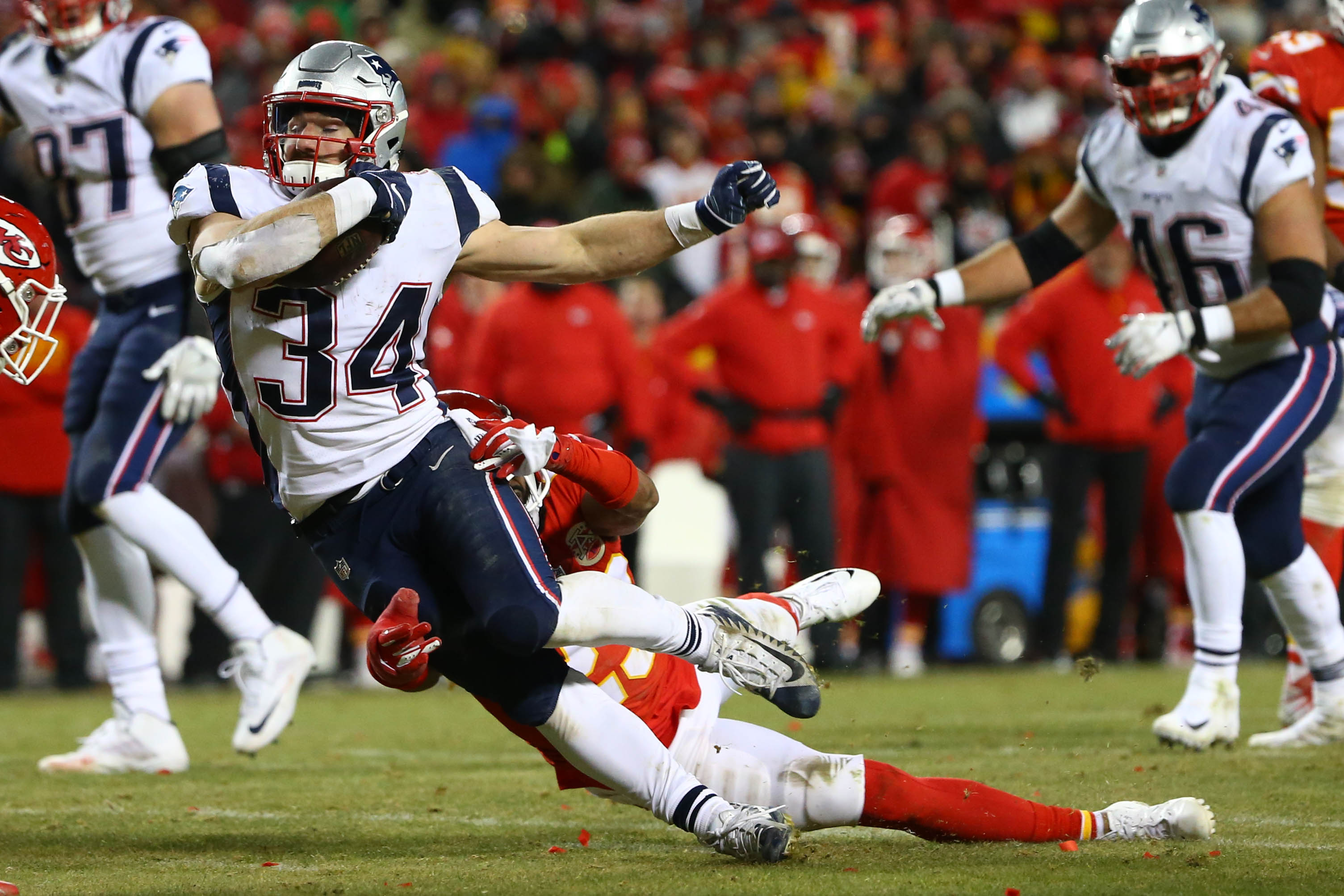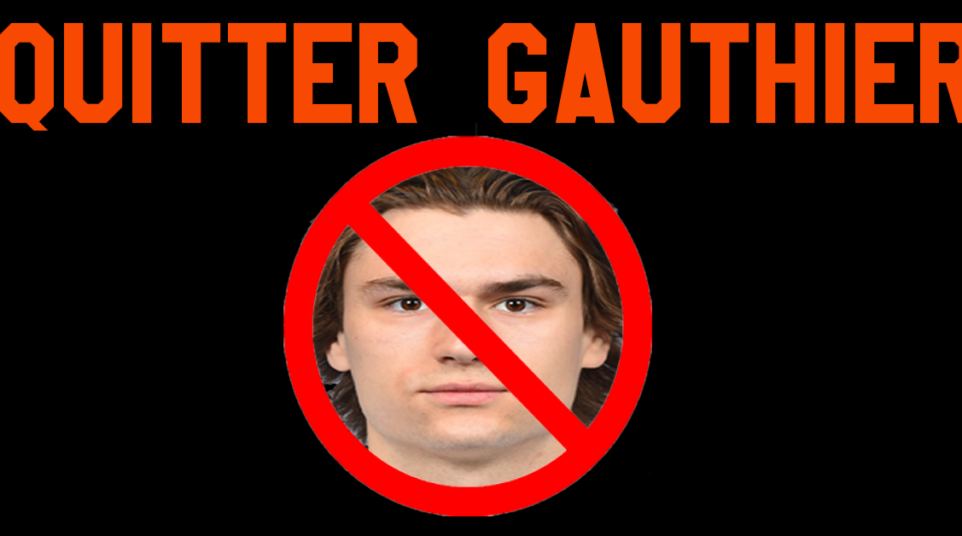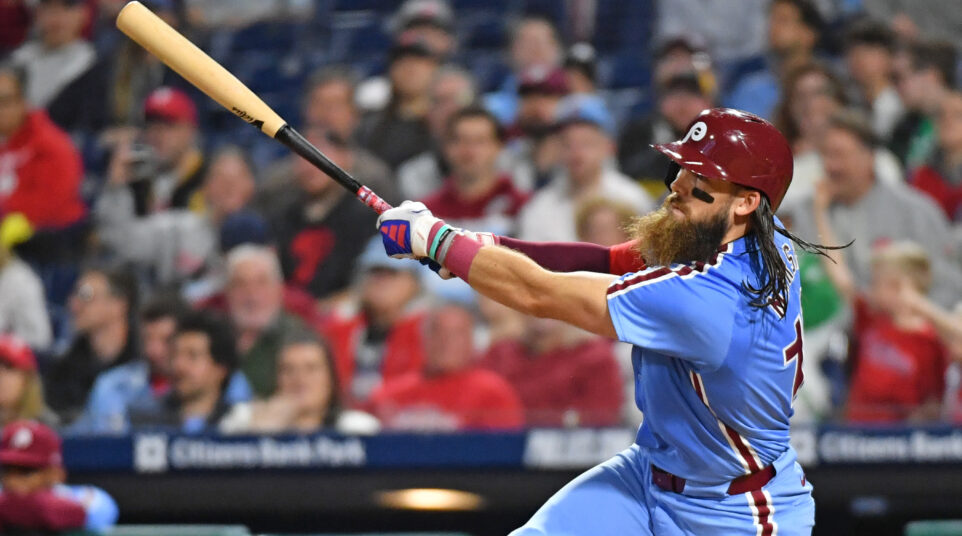
Dear God, Please Change the NFL Overtime Rules
I never should have opened up Twitter after last night’s AFC Championship Game, but I did it anyway. Then I wasted at least 30 minutes arguing with various people about the NFL’s overtime rules.
I personally hate the OT rules because, as currently constructed, you’re allowing for a scenario where the game ends before both teams receive an offensive possession. The Patriots won the ball, which was determined by a coin flip, marched down the field and scored a walk-off touchdown. Patrick Mahomes was glued to the bench and didn’t even get to participate.
Tell me how that’s fair…
.
.
.
.
It’s not.
The main counter-argument I get from people goes something like this:
“Yeah, well, the defense should get a stop!”
Yes, that’s true. Kansas City should have been able to get off the field on one of those third and long situations. They really blew it.
But that’s not the point. It’s not about the defense making a play. It’s about competitive balance.
See, it’s much more reasonable to give each team at least one possession to match what the opposing offense was able to do on their possession. If each squad has an offensive unit and defensive unit, those units should face each other at least once in overtime. We watched an overtime period last night where 50% of the players at Arrowhead Stadium didn’t even see the field.
The best way to illustrate what I’m talking about is to take the ridiculous NFL overtime rules and apply them to other sports.
Take tennis, for instance. Imagine Roger Federer wins a coin toss and elects to serve. Rafael Nadal doesn’t get to serve, Federer hits four aces, and the game is over.
Are you going to sit here and tell me that Nadal should have broken his serve? No, because breaking serve is measurably harder than holding serve. That’s why players alternate service in a tiebreaker. It’s the same thing in volleyball and ping pong. Are you gonna tell me that the serving team should be given a walk-off scenario? I hope not.
Apply the NFL overtime rules to baseball:
Imagine the Phillies are playing at home and the game goes into extra innings tied at three. Yasiel Puig hits a home run and the game is over. He walks it off in the top of the tenth. Are you going to blame Seranthony Dominguez? Sure, but you’re also going to lament how absurd it is that the Phillies were denied the bottom half of the inning. How can one team bat but the other cannot?
Apply the NFL overtime rules to basketball:
You flip a coin. The Sixers win possession. If they hit a three-pointer, they win the game, but if they hit a two-pointer, the Nets get a chance to have the ball.
Apply the NFL overtime rules to soccer:
One team gets to take all of their penalty kicks first. If they convert all five, the game is over, and the other team doesn’t get a chance to line up and match them.
Apply the NFL overtime rules to gymnastics:
Mary Lou Retton gets to do her floor routine first. If she scores a 10, she wins. If she scores a 9, then her opponent gets to do her floor routine.
Apply the NFL overtime rules to mixed martial arts:
Daniel Cormier starts with side control over Derrick Lewis. If Lewis gets up off the mat, he then gets a chance to start in side control. But if he doesn’t, he loses.
See? See how dumb it is?
I could sit here and give you a million examples, but you get the point. If a coin flip is going to determine an offensive possession or service, then the fairest way to write the rules is to allow the opposing team an opportunity to match. Instead we’re rolling out tired defenses against elite quarterbacks in a sport where the offense is typically on the front foot, especially in the modern day NFL, where recent rule changes have proven advantageous to offensive units.
I really like the way college football handles overtime. Start each offense on the 25 yard line. Score a touchdown, kick a field goal, or do neither. Then the other team comes out and gets a shot to match or outdo what the opponent just did. If teams match each other into the third overtime, scoring a touchdown comes with a mandated two-point conversion attempt. There are no scenarios where Dwayne Haskins or Trevor Lawrence are forced to sit on the bench.
And regardless of whether or not the rule is fair, the NFL is just shooting itself in the foot from a marketing and entertainment standpoint. Everybody watching on TV wanted to see Mahomes get the ball in overtime. Likewise, if Mahomes had gone down the field and scored, we would have been robbed of another potentially spectacular Tom Brady comeback effort.
The NFL overtime rules are indisputably lame. Even the dude from 98 Degrees understands this:
If college football can get overtime right, why can’t the @NFL ? A whole season comes down to OT and your MVP QB doesn’t even touch the ball? Ridiculous. Should it really be determined by a coin flip? It’s not that hard guys! #AFCChampionshipGame
— Nick Lachey (@NickLachey) January 21, 2019





